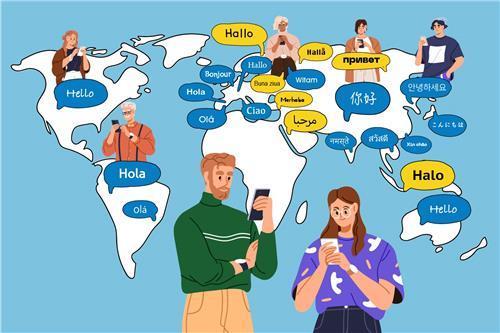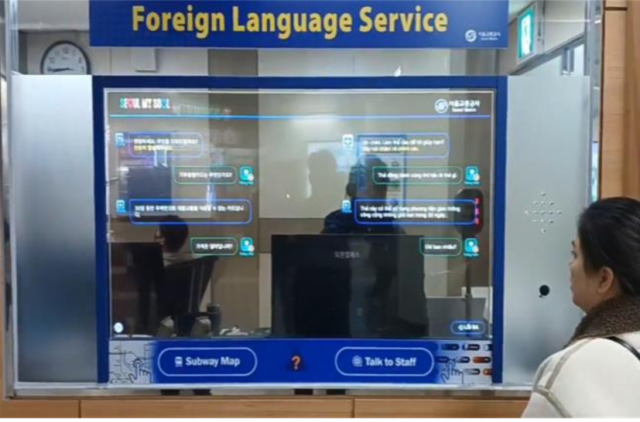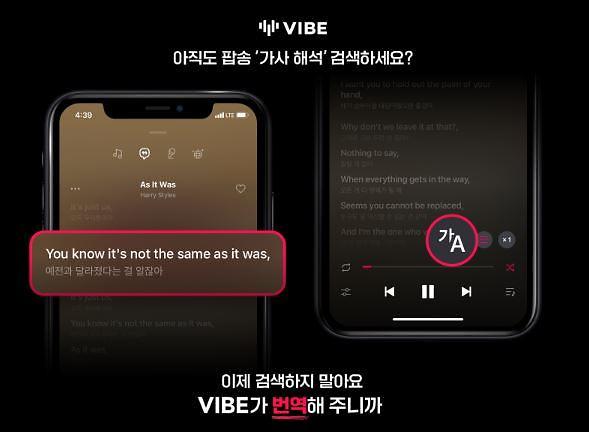
[Getty Images Bank]
Government data showed that the number of students with at least one parent from another country skyrocketed to 160,000 in 2021 from about 46,000 in 2012. Students with multicultural backgrounds accounted for three percent of the total number of elementary, middle, and high school students in South Korea which stood at 5.3 million in 2021. According to a survey conducted by the National Youth Policy Institute, about 11.8 percent of multicultural students said they have difficulties understanding Korean language-based books.
The Ministry of Education revealed its plan to introduce AI digital textbooks starting in 2025. Depending on students' academic performance, personalized education programs would be provided using digital devices. After adopting the AI service in four subjects for selected grades in 2025, the system would be expanded to almost all grades and subjects, except for the first and second-grade-elementary students.
Education Minister Lee Ju-ho said during a briefing on June 8 that the ministry would provide translation services in multiple languages for students from multicultural families. The minister has not disclosed detailed information regarding the solution's functions. The project will be carried out by a consortium that includes a textbook publisher and education technology (edutech) companies. The ministry said schools will continue to use printed textbooks until every student, parent, and instructor can use digital devices without any difficulties.
In 2011, South Korea's education ministry embraced edutech by distributing tablet PCs to schools in remote rural areas. Some schools have provided digital textbooks for students using augmented reality and virtual reality headsets.
Domestic edutech companies have strived to gain a competitive edge in the digital content market. Earlier this month, the country's major telecom company KT released an internet protocol television English education content for kids by working with Scholastic, an American children's book publisher. Video content designed to teach commonly used English words is available every week on Genie TV, an internet cable TV service run by KT.




